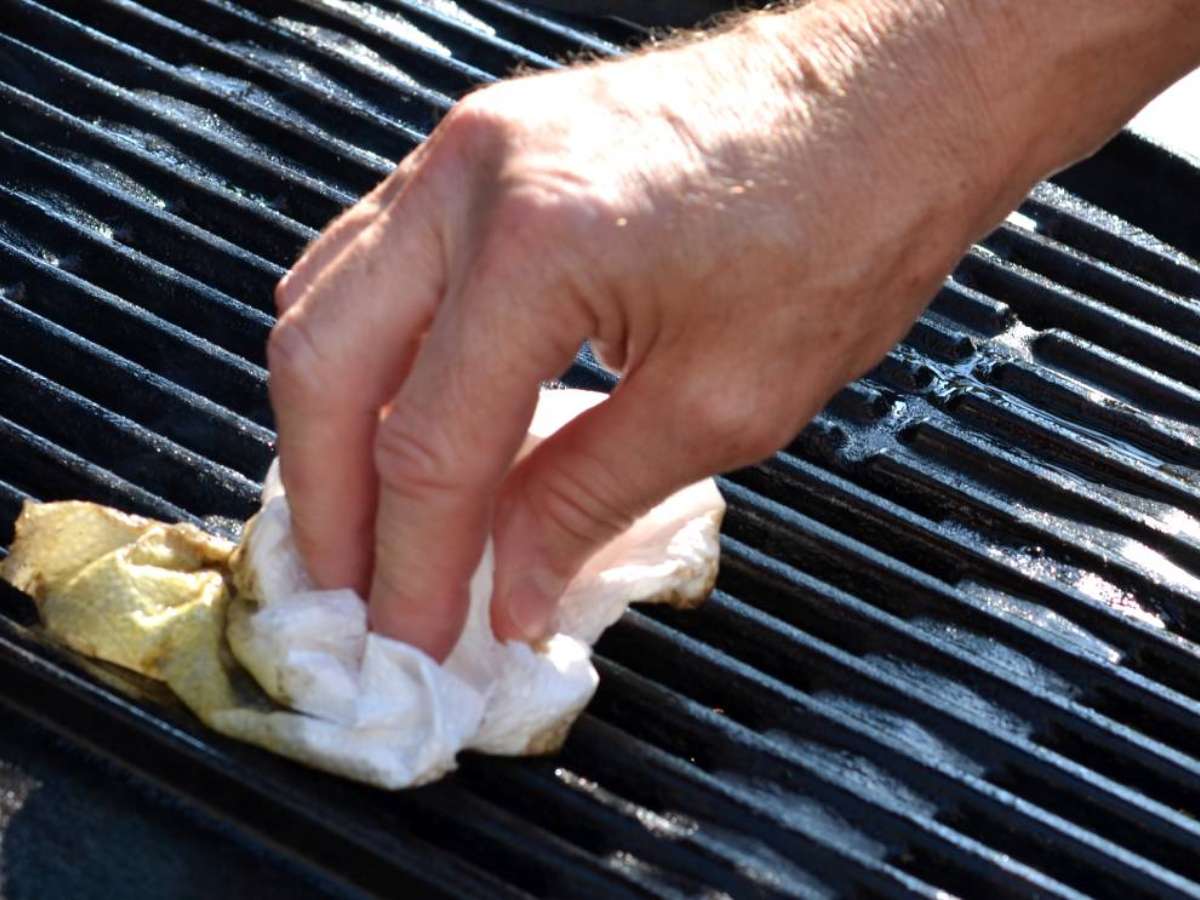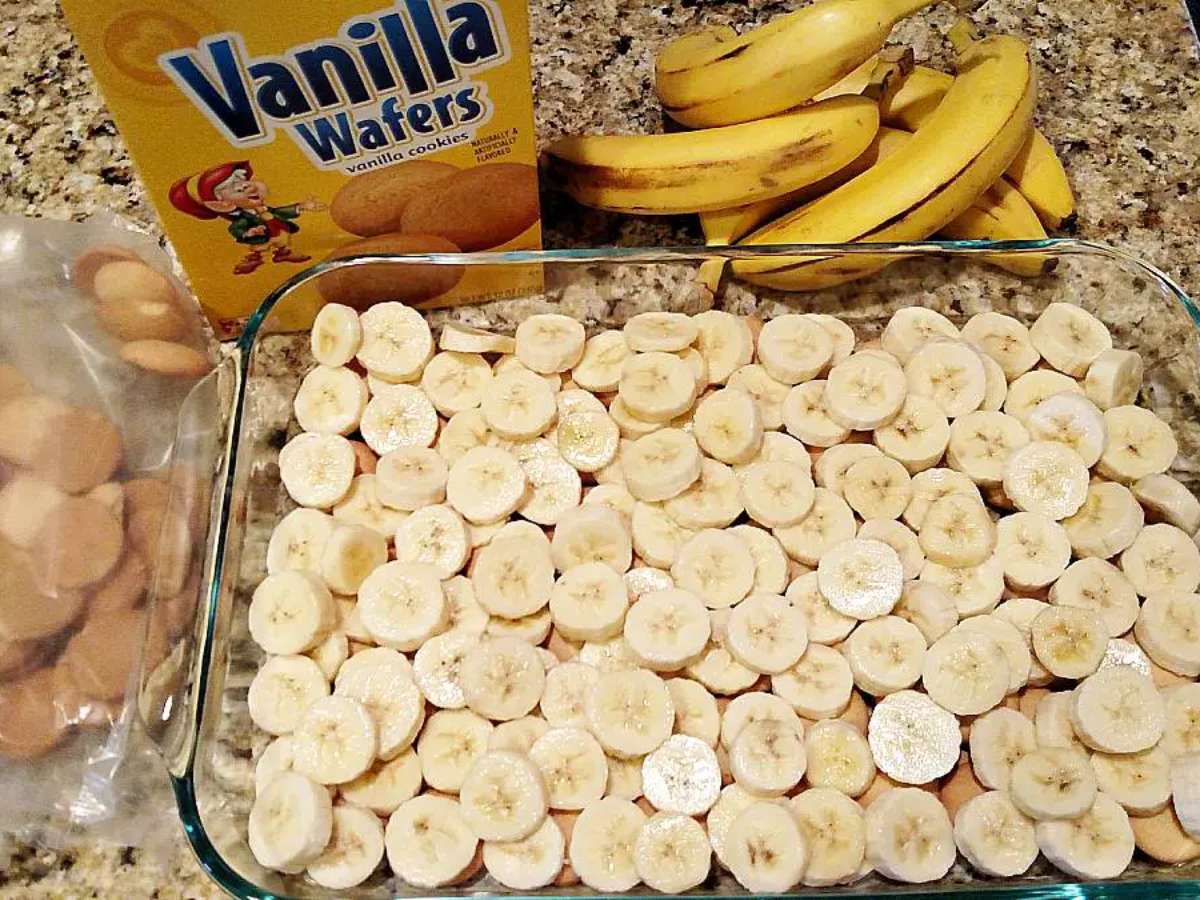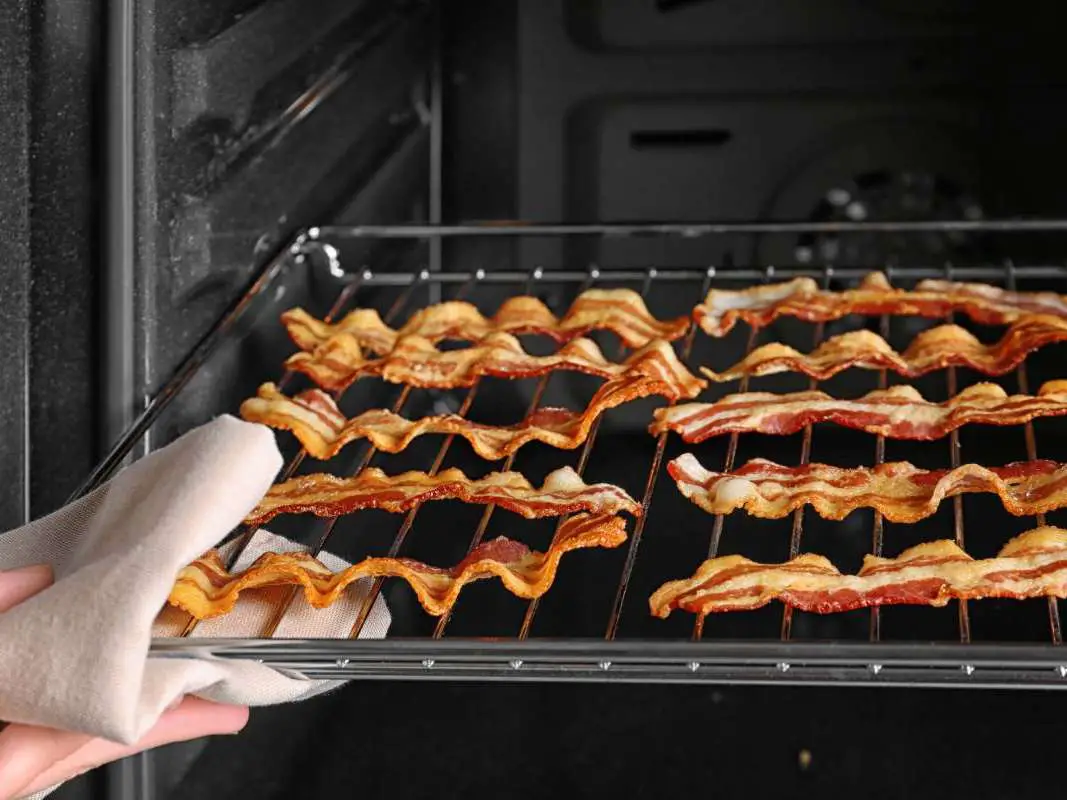 When it comes to sweetening your coffee, or anything else for that matter, you have plenty of options. One, of course, is sugar.
When it comes to sweetening your coffee, or anything else for that matter, you have plenty of options. One, of course, is sugar.
A good read: Is Eating Sugar Really That Bad For Us?
Then there are the sugar substitutes — which may or may not be good for you or help you lose weight.
Sugar substitutes include all of these different products that claim to sweeten your food, without adding calories:
- Saccharin is 200 to 700 times sweeter than table sugar. Though once thought to possibly cause cancer, in 2000 it was removed from the list of possible carcinogens.
- Stevia is a herb native to Paraguay, where it has been used as a sweetener for centuries. In the U.S. it can only be sold as a dietary supplement, though it is widely used as a sweetener in other countries.
- Aspartame, though approved as safe in 1988, has been linked to health problems ranking from headaches to seizures.
- Sucralose was discovered in 1976, and is 600 times sweeter than sugar. Widely used in 30 countries, the FDA approved it in 1998 after 20 years of studies.
- Acesulfame-K is usually used in combination with Aspartame as an enhancer for products like syrups, candies, and sauces.
The big question is, are sugar substitutes really the best choice? Are they completely safe and nutritionally good for you, as compared to sugar?
There are 20 things that you probably don’t know about sugar that may have you rethinking this whole "sweeter is better" dilemma.
In the end, sugar is sweet poison. After extensive processing, what little good was originally in white sugar is long gone. As an example, tooth enamel being the hardest element in the human body can last 100,000 years. However, exposure to sugar will destroy tooth enamel in a matter of hours!
Maybe the wisest choice is to just drink your coffee black from here on out.
Here’s a list of sugars and sugar substitutes with their glycemic index.
One of my all-time favorite "hobbies" is cooking at home! I especially enjoy experimenting with new ingredients …and different types of cookware. My specialties are foods that are diabetic-friendly, keto-friendly, and low-carb. I share my favorite recipes and cooking tips here at The Fun Times Guide to Food.




